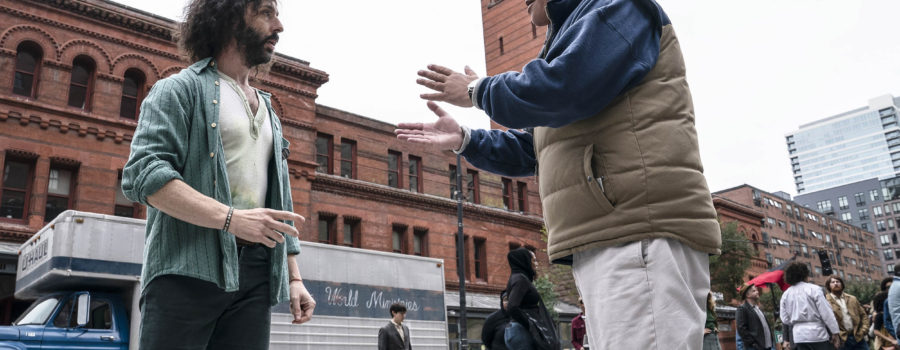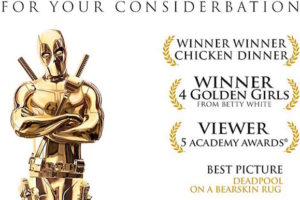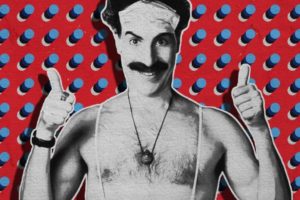[Published at Slant Magazine] On December 9, 2020 at SFFILM Awards Night, Aaron Sorkin received the Kanbar Award for Storytelling. Sacha Baron Cohen, who plays Abbie Hoffman in Sorkin’s The Trial of the Chicago 7, presented the writer-director with the award, and during his speech, the actor and comedian even referred to Sorkin as “our Shakespeare of modern cinema.” That’s because Sorkin, a political junkie, if you will, often focuses on structures of power and matters of state, societal prejudice and injustices, gender roles and deconstruction, and hierarchical corruption, among other sociopolitical themes, throughout his work.
From The West Wing to The Social Network, Moneyball, and Steve Jobs, Sorkin is no stranger to dissecting the politics of corporate competition and depicting fortuitous moments in American economic history. With The Trial of the Chicago 7, the filmmaker scrutinizes, among other things, the shortcomings of our democratic institutions. “It’s a story that’s as relevant today as it was in ‘68, the story of systemic racism, the story of unequal justice, the story of what kind of country America will be, what kind of world we will live in,” said Cohen, who believes that Sorkin’s continued dissection of American politics throughout his storied career attests to his desire to challenge us to be better citizens of the world.
That storied career includes one Academy Award, two Golden Globes, and six Emmys. But Sorkin learned during the nascent stages of his career that low expectations and a lesser fixation on accolades allow for the most growth and productivity in his chosen industry: “For most people, it’s an honor just to be nominated. In my family, it’s an honor just to be overlooked.” One could argue that this humility keeps him at the top of his game.
Before Sorkin accepted his award at SFFILM Awards Night, I had a chance to sit down with him via Zoom and discuss what a present-day Abbie Hoffman would look like, the relationship between the leftist firebrand and Tom Hayden, Sorkin’s own relationship with Hayden, and Steven Spielberg’s involvement in The Trial of the Chicago 7.
How would Abbie Hoffman fit into present-day leftist politics?
In the film, the struggle between Tom and Abbie is very much a reflection of the intramural struggle that you see today between the left and the further left, between people who’re looking for bipartisan work, compromise, and a middle ground and people who’re tired of incremental change and looking for revolution. So that Abbie would fit in fine. But he would be a Bernie Sanders supporter, and you’d have to convince him to come over I’m guessing.
Would the Chicago Seven be as impactful in today’s sociopolitical climate?
I was just thinking about this. If you were to ask me who would the Chicago Seven be today, my answer would be, “I don’t know, but at least four of them would be women.” Maybe it was because of the draft that the leaders in this protest movement were men. But we’ve already seen that so many of the leaders in movements, the ones that I care about today, are women.
You wanted to explore three things with this film: courtroom drama, the evolution of the riot, and Abbie and Tom’s relationship. You already touched a little bit about Abbie and Tom’s relationship. What about these three elements intrigued you?
You hit it on the head. There was a long period of research. There was a lot that I had to learn about the Chicago Seven. About a dozen good books have been written on the subject, some of them by the defendants. It’s a 21,000-page trial transcript. Most critically, I got to spend time with Tom, who was alive back in 2006 when I started this whole thing [and] passed away a few years ago. And it was Tom that gave me the look into that friction between him and Abbie.
But after the research process comes the period of climbing the walls and pacing around and driving around not having any ideas, trying to figure out what story you’re going to tell. What’s it going to look like? And as you said, it organized itself into three stories that I was going to tell at once: the courtroom drama, the evolution of the riot, and the friction between Tom and Abbie, two guys on the same side who plainly can’t stand each other, and each thinks the other is doing harm to the movement. And it was a combination that seemed to work.
Steven Spielberg originally brought this project to you, as you’ve mentioned before, and remained a mentor since you became attached to the production.
It all began with Steven. Steven was the one who came to me and said, “I want to make a movie about the Chicago Seven,” and then he became a producer of the film and Paul Greengrass would direct it. And then he was producing the film where Ben Stiller would direct it.
At what point did Steven begin to consider you as a director?
It went like that for years until Donald Trump was elected president and began getting nostalgic at his rallies about the old days.
I remember that. It was the day before the Nevada caucuses, at a Vegas rally. Many people don’t realize that he was referring to the 1968 Democratic Party Convention. Chicago Seven defendant Rennie Davis required a stretcher after he was struck in the head with a billy club. Trump said some awful things.
When they carried that guy out on a stretcher, Trump said he wanted to punch him right in the face and beat the crap out of him. And by then I had directed Molly’s Game, and Steven was sufficiently pleased with it that he thought I should direct The Trial of the Chicago 7.
What advice, if anything, or insight did he have for you while making this?
That whole way he remained a big supporter, a great source of advice. Sometimes he would give a note that I wouldn’t understand, but I was able to pass it along verbatim to the editor. And like when he would say, “In this scene, I think if you desaturate it 30%, you’re going to like what it looks like,” even saying that to you now, I’m not sure what I just said. But I am able to talk to Alan Baumgarten, our editor, and say, “Steven says we should take this section and desaturate it 30%.” So often it was advice like that.
Look, he was hard on the first cut. He really was, and I’m glad that he was because it was an instance where I implemented every one of his notes and, unsurprisingly, they all worked. So I was very grateful for that, and I will never forget one particular day—my muscles still haven’t relaxed from that one day he visited the set. And we happened to be shooting a scene in the courtroom that had the entire cast in it. So there’s nothing quite like directing some of the greatest actors in the world while Steven Spielberg’s standing behind you.








Leave a Reply
Your email is safe with us.